October
April is the cruelest month, breeding lilacs
Out of the dead land, mingling memory
And desire.
T. S. Eliot, The Wasteland
October is the kindest month of all,
When breeding April’s hint of hope has passed.
No lilacs offer their enticing call
And early, urgent longings fade at last.
October is an interlude of peace
Between the fervid burgeoning of Spring
And those white days when life appears to cease,
When wisdom learns at last what time must bring.
October’s ebbing light is edged with gold
In token of its plenty, parting gift
Before the final coming of that cold
In which the circling stars are set adrift.
Having lived through April’s hope and fear,
I am content to know October’s here.
© Thomas Allen Little, Jr.
New Wine In Old Skins, 2004
Poetry is a key focus of this Blog. Since the topic of “Poetry” is diverse—poetry taking on many forms of expression, presentation, meaning—our periodic posts on poetry attempt to bring to our readers examples of that diversity. Today’s post deals with depth—the extraordinary depth that a writer can achieve with poetry that is often illusive when writing in prose. The example we’re using is a poem written by a close friend, Tom Little, who passed away in 2005. Tom’s wife, Shirley, has given us permission to post Tom’s poem in this way. His poem, entitled “October”, is a powerful example assisting readers’ understanding of poetry’s limitless depth.
In 1912, when founding Poetry Magazine (the leading monthly poetry journal in the English-speaking world and still maintaining its original purpose), Harriet Monroe, stating the magazine’s raison d’être, wrote: “. . . . while the ordinary magazines must minister to a large public little interested in poetry, this magazine will appeal to, and it may be hoped, will develop, a public primarily interested in poetry as an art, as the highest, most complete expression of truth and beauty.” One will have to travel a very long way to find a poem which does a better job of embodying “the highest, most complete expression of truth and beauty” than Tom’s “October.”
Mary & I had joined University Presbyterian Church upon moving to Chapel Hill in 2002 and immediately met Tom & Shirley through Stephen Ministry, Shirley a UPC Stephen Minister at the time. In 2004, when Tom learned of my love of poetry, he gave us a copy of his book, New Wine in Old Skins, encompassing fourteen poems “celebrating the past and the timeless,” which he had just published that year. Mary & I read through the poems a number of times and did some research on the topic of sonnets, the form in which “October” is written—difficult to achieve but beautiful when achieved. We were enthralled . . . and we told him so. Subsequently, on one of our Stephen Ministry Hospital Visitation visits to members of UPC in UNC Hospitals, Tom was among the patients we visited. Knowing this in advance gave us the opportunity to bring along our copy of his book. What a special evening that was, reading Tom’s poems to Tom & Shirley, experiencing more closely their artistry, their love, connecting on a deeper level.
Tom died 10 June 2005. Shirley advised that in the ten years prior to Tom’s passing, he had been wrestling with, as Tom explained in his introduction to this poem, the issues of “. . . aging, and the acceptance of death.” For Tom, this poem was among his favorites of his writings. Shirley asked me if I would read his poem at Tom’s Memorial Service 13 June 2005 at University Presbyterian Church. I advised it would be a privilege . . . and it was a privilege . . . to explain to the congregation something of Tom’s amazing talents as a man, a pastor, a poet, a friend. We love you, Shirley. We love you, Tom. Thank you, Tom, for your wisdom, your talent, your friendship, and letting us know you were content to know “October’s here.”

